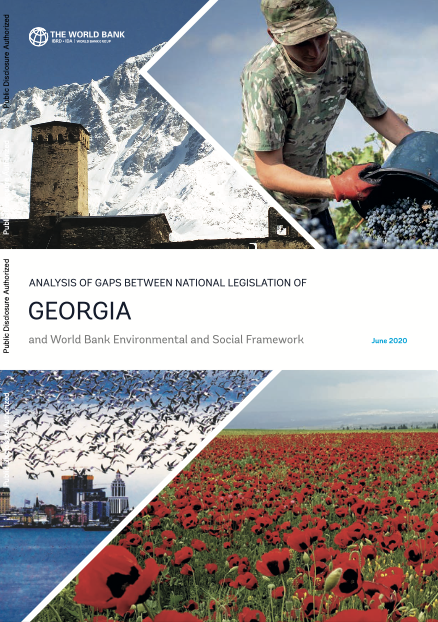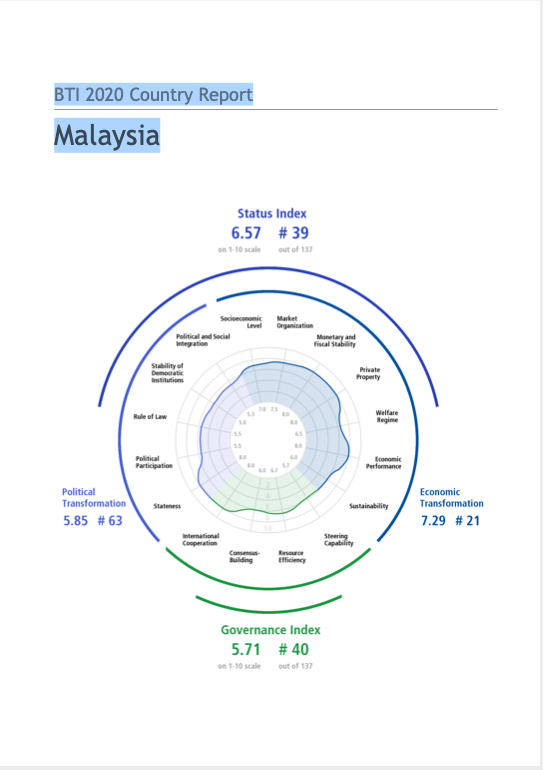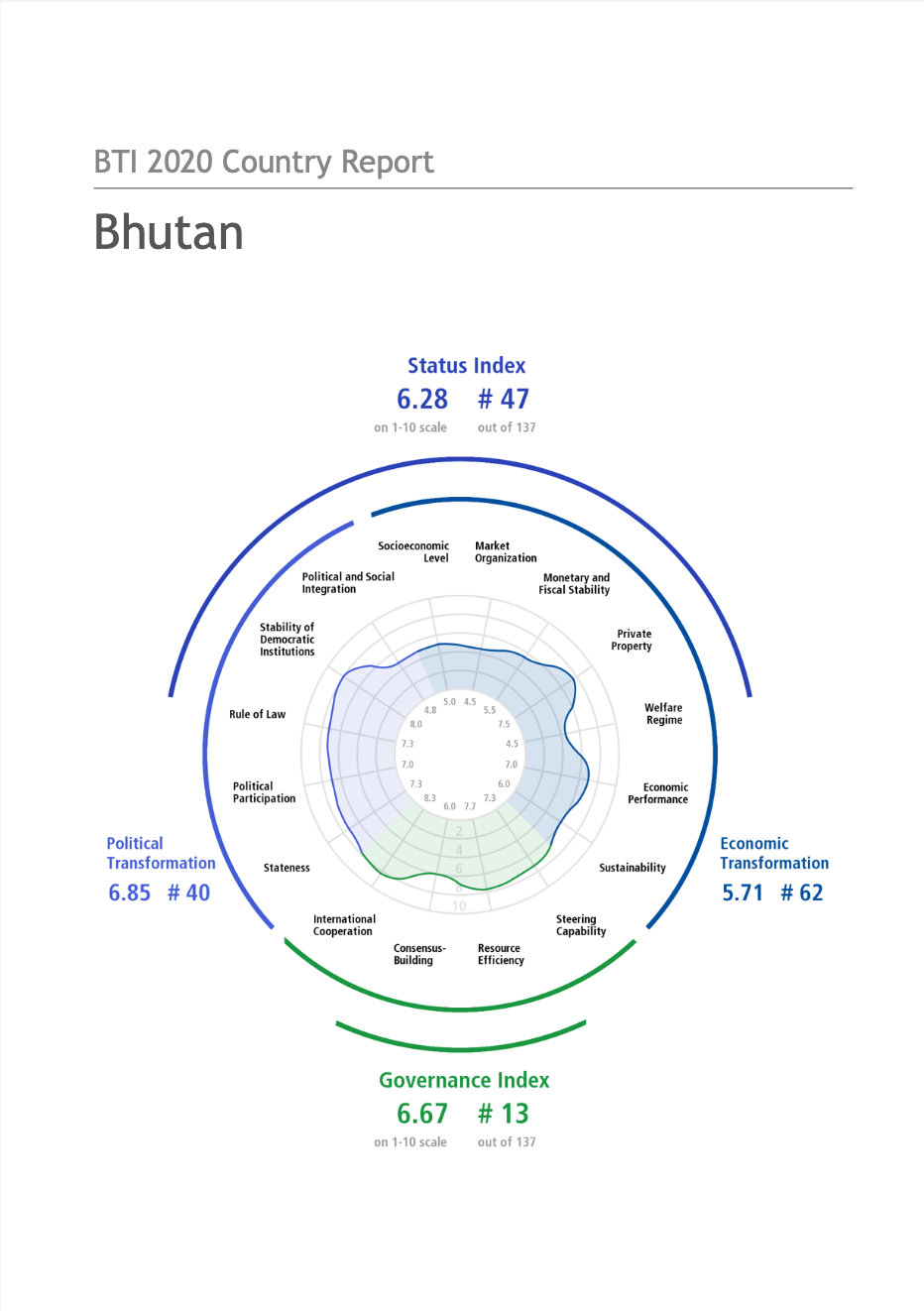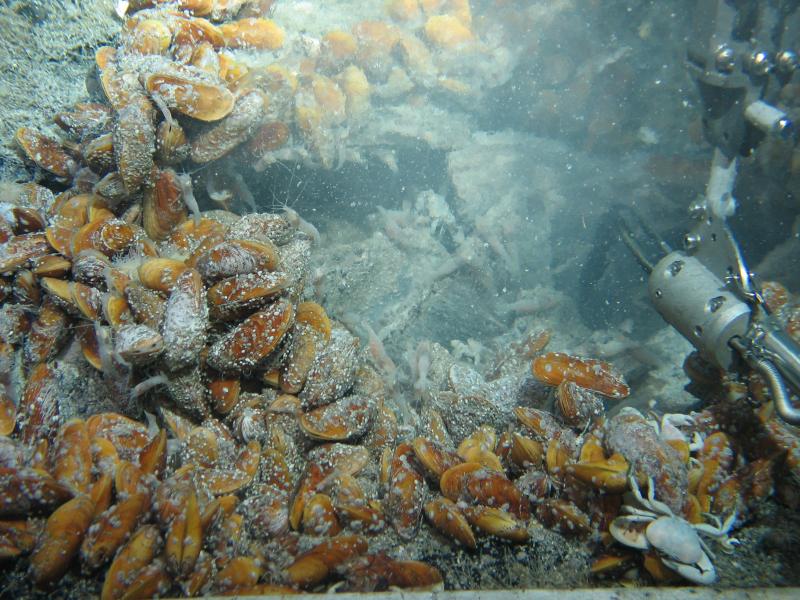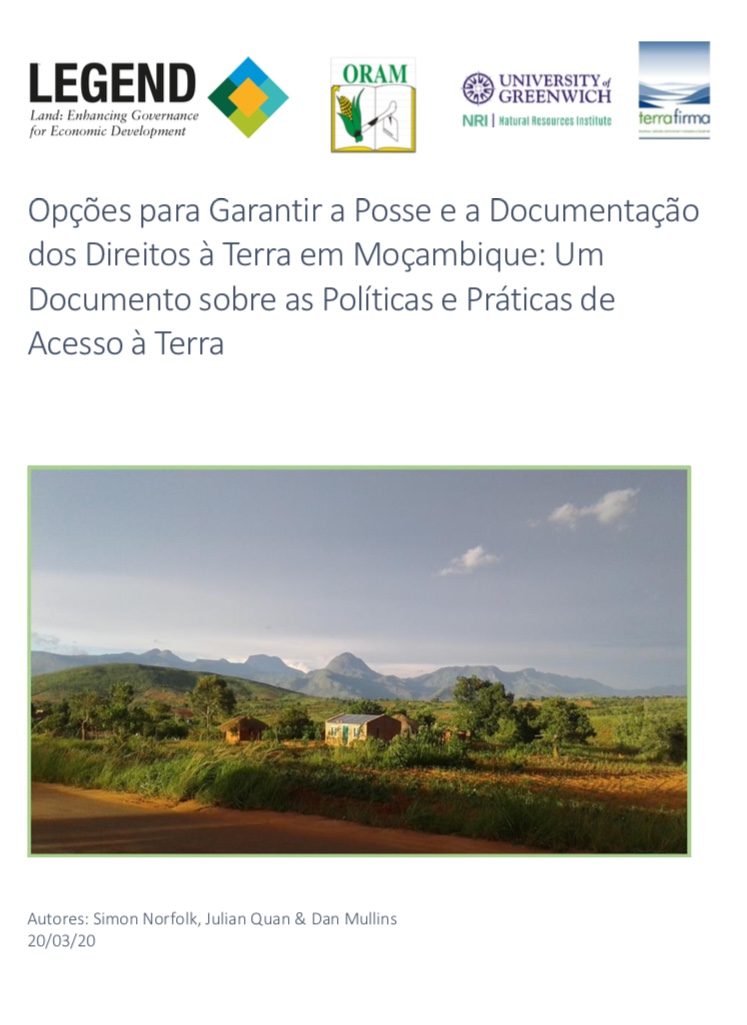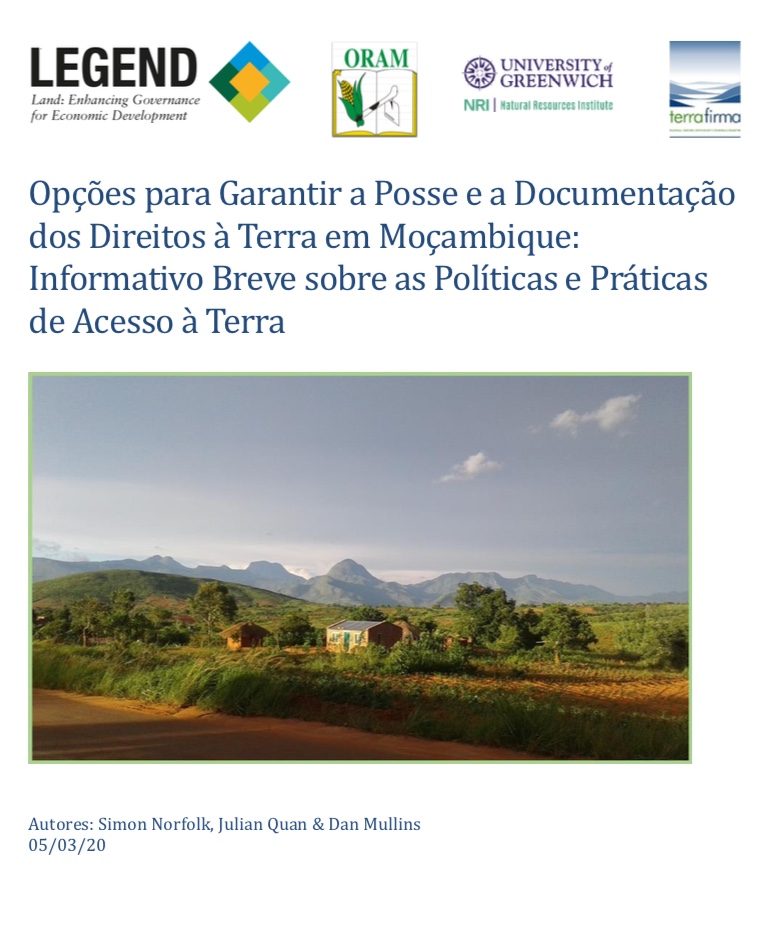About the Origins of Modern Geoeconomic Foundations of Georgia
Georgia is a country with a favorable geographical location, soil, climate conditions, natural and civilization resources, culture, human capital. Georgia is at the ancient transport crossroads which connected and connecting the countries of the North and South, West and East. The old Silk Road was the main artery crossing the country and connecting Europe and Asia. Georgia borders the Black Sea. To the east, via Azerbaijan, the country has historically been linked to the Caspian Sea and then to Central and Eastern Asia.


